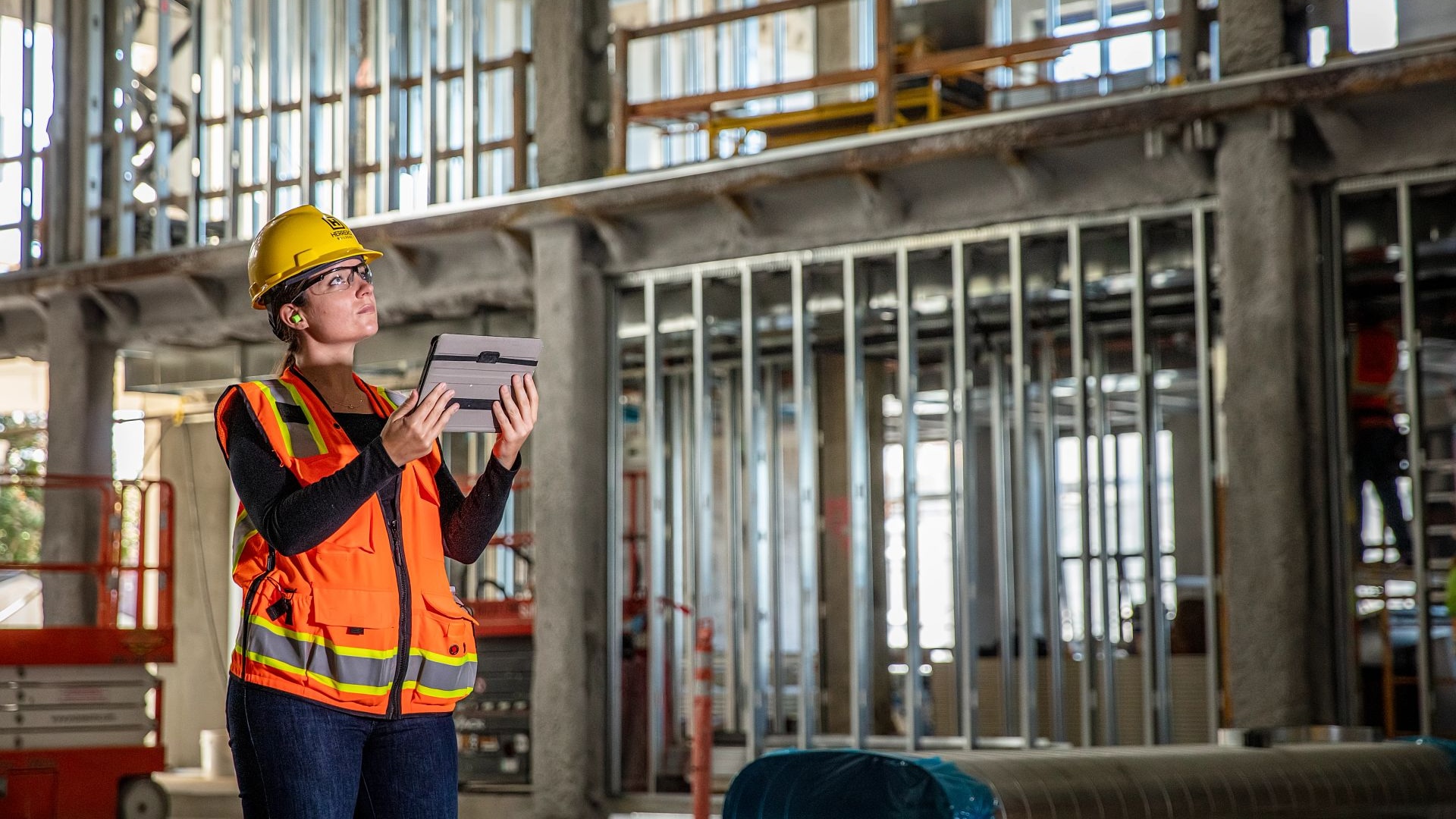
Estimating construction costs for projects can be incredibly challenging, especially with factors like fluctuating costs, regional variations, and changing schedules. It's also worth noting that projects consist of multiple components—from materials and labor to permits and equipment. Determining the costs for all of that is daunting, to say the least, so it wouldn't hurt to get some help.
Construction estimate calculators can do just that by enabling you to quickly crunch the numbers for certain project expenses. In this article, we list some handy calculators you can use when estimating costs.
From tools to calculate material expenses to residential and commercial construction cost estimators, these resources can save you time, money, and headaches.
Construction materials can quickly add up and vary depending on quantity, dimensions, and project scope, so it's crucial to have your calculations on point. To help you do that, here are some construction material cost calculators to consider.
These lumbar construction cost estimators from Omni and Concalculator can help determine the amount of lumber required for a project, factoring in board dimensions and number of pieces. Just enter the length, width, and thickness of your lumber and the number of pieces required, and the lumber calculators will provide the total volume of lumber you need.
This concrete cost calculator from HowMuchConcrete.io provides a straightforward way to estimate the cost of this common construction material or your project. All you need to do is select the shape of your project (e.g., slab, footing, wall), and input its dimensions. The tool then calculates the estimated quantity of concrete and its cost, helping you plan your budget efficiently while reducing waste.
Need to do more complex concrete calculations? This cement calculator from Omni allows you to select specific cement types and input variables like volume, mix ratio, and density to calculate the exact quantity required for your project.
These drywall calculators simplify estimating drywall needs by letting you input dimensions and select options such as panel size, thickness, and room details. The Omni drywall calculator focuses on accurate sheet and material calculations; you'll need to enter details like wall area, panel dimensions, and drywall thickness to get precise estimates. Meanwhile, the Home Depot drywall calculator integrates product selection and costs alongside your measurements, so you can calculate drywall expenses using the data on Home Depot's ecommerce site.
These gravel calculators simplify estimating the volume and cost of gravel needed for projects. For a straightforward gravel calculator, check out Calculator.net, where you input area dimensions, depth, and gravel density for volume and price estimates. The Omni gravel calculator offers similar functionality and also estimates costs using inputs like price per unit of mass and volume.
Need help estimating board footage and lumber requirements? Omni's board foot calculator lets you input the number of pieces, dimensions (thickness, width, length), and cost per board foot, providing a total cost and volume. The Inch Calculator for board footage also uses these measurements and includes helpful charts and formulas for additional guidance.
The framing calculators offered by BuildBook and Omni can estimate the materials and cost needed to frame walls. You can use either of these tools to calculate the number of studs, top and bottom plates, as well as total costs. Both tools factor inputs like wall size, distance between studs, and price per stud.
Omni's limestone calculator determines limestone weight and volume based on dimensions and material density, making it ideal for precise planning. Similarly, the Billd limestone calculator computes cubic yards based on width, length, and thickness.
This tile calculator from TileBuys estimates your tile requirements using inputs like floor and wall dimensions and tile size while accounting for wastage. Omni's tile calculator offers similar features, with an added pricing calculator to help you estimate the cost of your tiles.
Commercial construction cost estimators assist you with estimating the commercial construction costs per square foot of large-scale projects. They consider factors such as material prices, construction labor costs, regional costs, and project complexity so you can create realistic budgets and avoid overspending.
BuildingJournal's commercial construction cost calculator is a useful tool for creating detailed and location-specific budget estimates for various commercial projects. Simply select the type of building, project location, and cost index; from there, the tool will generate an estimated total budget and cost per square foot that accounts for overhead, profit, and bonding.
You could also use RSMeans Data by Gordian, which calculates a commercial project's cost per square foot based on RSMeans Data, North America's leading construction estimating cost database.
If you're estimating construction costs for a residential project, exploring benchmarks for how much it costs to build a home can help you plan your budget.
You should also check out residential construction cost calculators. One example is the Dream Home Calculator, which estimates home building costs using a quiz-like tool that asks you questions about the type of home you want to build, location, features, and more.
Another option is Home-Cost.com's residential cost estimating software, which provides location-specific forecasts and detailed reports to come up with cost estimates for residential projects.
Accurate cost estimation is crucial for any construction project, whether residential or commercial. The construction estimate calculators above can save you time, minimize errors, and streamline your budgeting process.
Ready to take your cost estimation to the next level? Explore ProEst by Autodesk Construction Cloud, a powerful solution designed to help construction professionals manage estimates with ease. Get started today.
